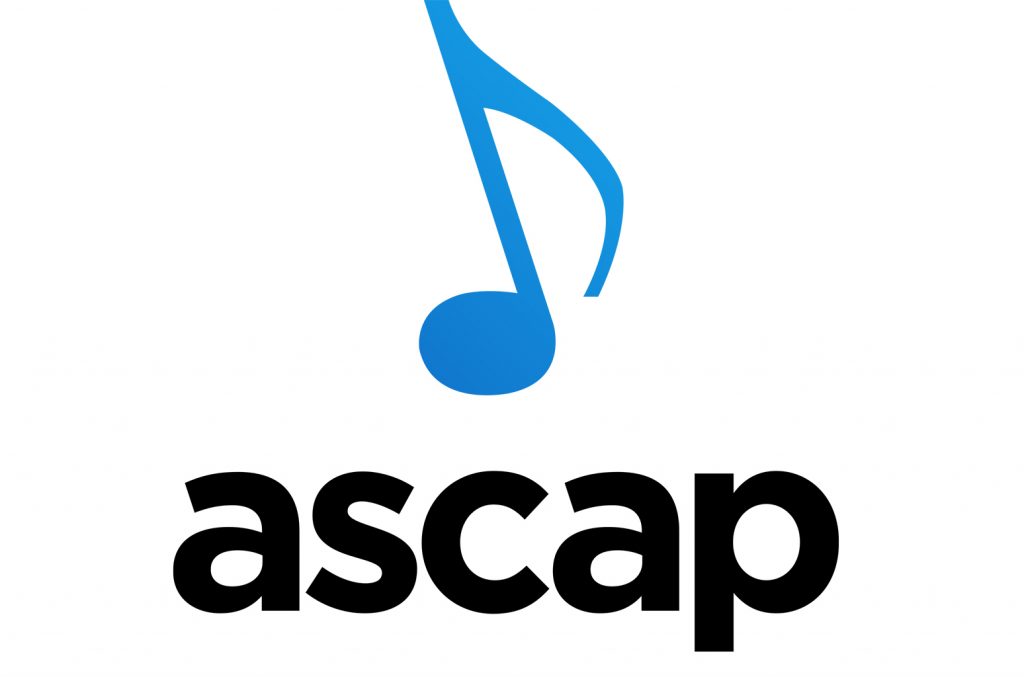

ASCAP or BMI: which is right for you?
Choosing between ASCAP (American Society of Composers, Authors and Publishers) and BMI (Broadcast Music, Inc.) largely depends on your individual needs as a music creator. Both are Performing Rights Organizations (PROs) responsible for collecting and distributing performance royalties when your music is publicly played. These performances can include radio play, live performances, streaming services, and uses in TV, film, and other media.
Here’s a breakdown of key factors to consider:
Cost:
ASCAP: Requires a one-time $50 application fee for songwriters and publishers.
BMI: Free to join for songwriters. Publisher fees are $150 for individuals and $250 for publishing companies
Contract length:
ASCAP: Offers 1-year contracts.
BMI: Contracts last for 2 years.
Benefits:
ASCAP: Offers benefits potentially more geared towards daily life and independent artists, such as discounts on health, dental, instrument, and life insurance, discounted membership to Songwriters Hall of Fame, and discounts on marketing tools. They also host workshops and conventions.
BMI: Offers benefits possibly more focused on networking and career advancement, including songwriting camps and workshops, performance opportunities at festivals, and discounts to industry events like the Billboard Latin Conference.
Payment speed:
BMI: Royalties are reportedly distributed slightly faster, averaging 5.5 months after the quarter in which the music was played, compared to 6.5 months for ASCAP.
Both: Pay quarterly. BMI pays the writer and publisher share simultaneously, while ASCAP staggers these payments.
Key differences:
Structure: ASCAP is a member-owned, non-profit organization governed by its members. BMI, while previously non-profit, transitioned to a for-profit structure in October 2022.
Publisher account requirement: ASCAP requires you to register a separate publishing company to collect the publisher’s share of royalties. BMI allows unaffiliated songwriters to automatically claim the publisher’s share.
Important considerations:
Sync Licensing: Some sources suggest BMI may pay more for instrumental background music in sync licensing, while ASCAP may pay more for featured vocal songs in TV placements.
Reach: BMI is the larger PRO in the US with a broader reach, which might be beneficial for artists with extensive catalogs or aiming for wide distribution.
Switching PROs: You can switch between ASCAP and BMI after your contract expires, but you can only be affiliated with one PRO at a time.
Metadata: Regardless of your choice, maintaining accurate metadata for your music is crucial for ensuring proper royalty collection.
In Conclusion:
Both ASCAP and BMI offer essential services for music creators, and neither is definitively “better” for everyone. Consider your specific needs and priorities: are you looking for lower fees, potentially faster payouts, a wider network, specific types of discounts, or a more member-governed organization? Researching the benefits and exploring firsthand accounts from other musicians affiliated with each PRO can help you make an informed decision.
